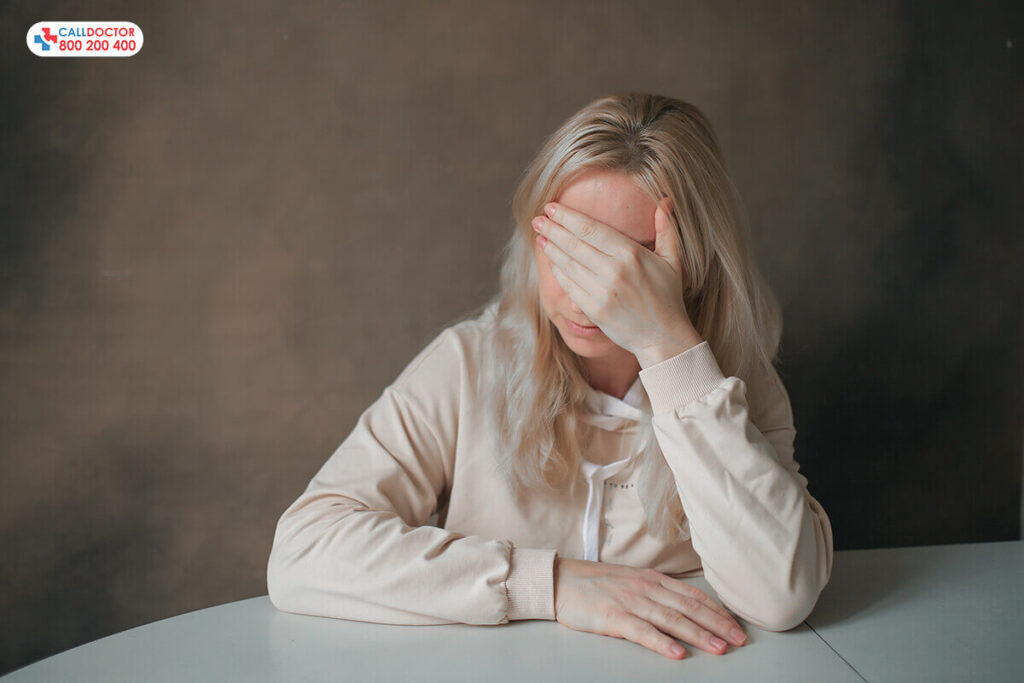Mental health is a crucial aspect of well-being, especially in modern society, where we are constantly connected through social media and prone to comparing our lives with others. Societal pressures and competition can take a toll. Anxiety, a common mental health concern, often aggravates these challenges. While physical sickness may manifest visibly through symptoms, mental health struggles are often less apparent. In this blog, we will explore the significance of mental health, anxiety management, and strategies for achieving mental well-being.
Understanding Anxiety and Its Impact
Anxiety is a common mental health condition that affects millions of people worldwide. While medication can help manage symptoms, there are also holistic approaches that offer relief and promote overall well-being.
Cultivating Inner Peace
Mindfulness Meditation
Mindfulness meditation involves focusing on the present moment without judgment, which can help reduce anxiety by calming the mind and promoting relaxation. Incorporating practices into daily life, such as mindful breathing or body scans, can offer profound benefits for anxiety management.
Balancing Body and Mind through Yoga
Yoga combines physical postures, breathwork, and meditation to promote relaxation, reduce stress, and increase body awareness. Regular yoga practice has been shown to alleviate symptoms of anxiety and improve overall mental well-being.
There are several types of yoga, including Hatha, Vinyasa, and Restorative, each offering unique benefits for anxiety relief. Experimenting with unique styles can help individuals find the practice that resonates best with them.
Exercise
Regular physical activity has been proven to be an effective tool for managing anxiety. Exercise releases endorphins, chemicals in the brain that act as natural painkillers and mood elevators, helping to alleviate feelings of anxiety and stress.
From brisk walks to high-intensity interval training (HIIT) to dance classes, there are countless ways to incorporate exercise into your routine. Moreover, finding activities you enjoy and can commit to regularly is key to reaping the mental health benefits of physical activity.
Nourishing the Body and Mind
Dietary Changes
Certain foods and nutrients can impact mood and anxiety levels. Incorporating a balanced diet rich in whole foods, such as fruits, vegetables, lean proteins, and healthy fats, can provide essential nutrients that support mental health.
Foods rich in omega-3 fatty acids, magnesium, and antioxidants have been shown to have mood-boosting properties and may help reduce anxiety levels. Examples include fatty fish, nuts and seeds, leafy greens, and berries.
Nature’s Healing Power
Herbal Remedies
Several herbs and supplements have been studied for their potential to alleviate anxiety symptoms. While more research is needed, some individuals find relief from herbal remedies such as lavender, chamomile, and passionflower.
Stress Management Techniques
Chronic stress can exacerbate anxiety symptoms, so incorporating stress management techniques into your daily routine is essential for maintaining mental well-being. Techniques such as deep breathing exercises, progressive muscle relaxation, and journaling can help reduce stress and promote relaxation.
Anxiety Management for Healthy Life
In conclusion, managing anxiety goes beyond medication and encompasses a holistic approach to wellness. Incorporating mindfulness meditation, yoga, regular exercise, dietary changes, herbal remedies, and stress management techniques into your lifestyle can effectively alleviate anxiety symptoms and promote overall mental well-being. Remember that each individual may respond differently to various holistic approaches, so exploring what works best for you and seeking support from healthcare professionals when needed is essential. Contact us. At Call Doctor, we provide practical tips and knowledge to help you stay fit and happy.
Are holistic approaches practical for everyone in managing anxiety?
While holistic approaches can benefit many individuals, the effectiveness may vary from person to person. Exploring different techniques and finding what works best for you is essential.
Can I use holistic approaches alongside medication for anxiety?
Yes, holistic approaches can complement medication for anxiety management. However, it’s essential to consult with a healthcare professional before making any changes to your treatment plan.
How long does it take to see results from holistic approaches for anxiety?
The timeline for experiencing results from holistic approaches may vary depending on the individual and the techniques used. Consistency and patience are key factors in achieving long-term benefits.
Are there any potential side effects of using herbal remedies for anxiety?
While herbal remedies are generally considered safe, it’s essential to research potential side effects and interactions with medications before using them. Consult with a healthcare professional if you have any concerns.
Can holistic approaches prevent anxiety disorders from developing?
While holistic approaches can help manage anxiety symptoms, they may not prevent the development of anxiety disorders entirely. However, adopting a holistic approach to wellness can contribute to overall mental health and resilience.




